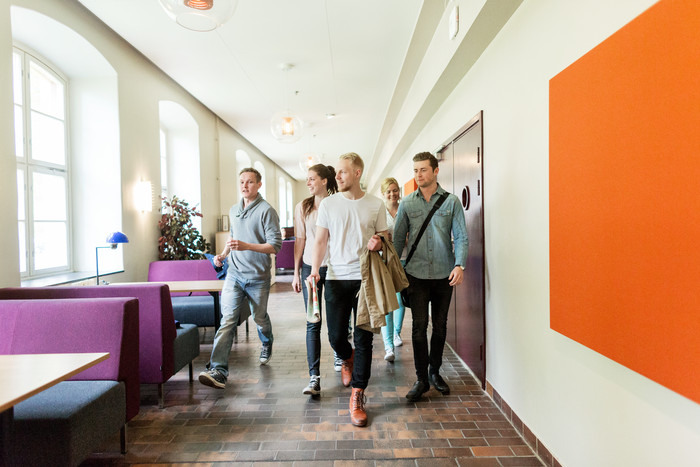Successful partnerships
The University of Gävle has this year’s highest increase of the number of Master’s students in Sweden. Last spring, there were 63 and now there are 125, so the number increased by 98 percent. Above all, it is the Master’s Programme in Business Administration which has had a breakthrough, mainly among student from Bangladesh and Pakistan.
“For a long time, we have had a successful partnership with higher education institutions in, for instance, Bangladesh and Pakistan via Linnaeus-Palme, and we have also had lecturers with a background in these countries,” Thomas Källquist says. “The students in these programmes are satisfied and, in this manner, we have become well-known as a well-functioning alternative. The fact that our programme is only on-year long also makes it easier and more affordable for these students.”
Four Swedish higher education institutions have now admitted more Master’s students compared to the spring semester of 2018, and the University has the highest increase of the number of admitted Master’s students in Sweden for the spring semester of 2019.
What is a Master’s programme?
A Master’s programme is a second-cycle study programme, and to be admitted you need to complete three years of first-cycle studies. The Master’s degree provides opportunities for more in-depth study and specialisation, and its degree project offers greater opportunities to connect your project to research projects at universities. Master’s programmes are often international, which means that lectures and reading list material are all in English.
Internationally, Master’s programmes are often regarded as post-graduate studies, as part of third-cycle education, but in Sweden they have traditionally been seen as being part of first-cycle courses and study programmes.
Second-cycle programmes at the University of Gävle
Linnaeus-Palme partnerships enable Swedish higher education institutions to collaborate with higher education institutions in low- and middle-income countries. Read more
For more information, please contact:
Tomas Källquist, lecturer in business administration at the University of Gävle
Tel: 076-286 52 49
Email: tomas.kallquist@hig.se
Text:Douglas Öhrbom
Photo: Marie Hägg






